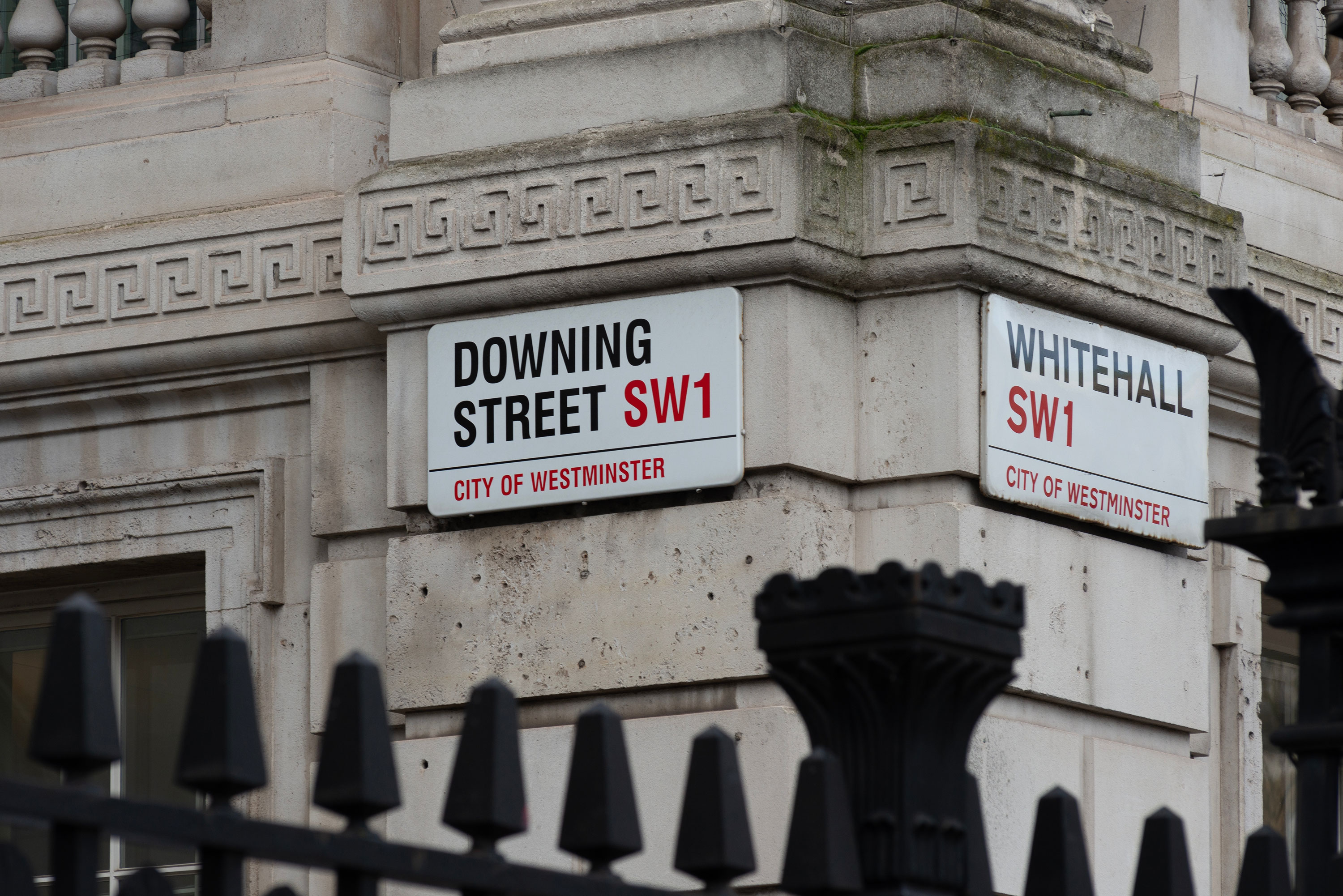Central Government and Civil Service
The government is responsible for determining, developing and implementing national policy that shapes how materials, minerals and mining industries operate. Direct engagement with decision makers in the government and civil service is vital to ensuring that the expertise and insights of our communities are heard during the policy making process.

When a relevant new minister is appointed, IOM3 usually writes to them to congratulate them and takes the opportunity to outline the importance of materials, minerals and mining to their respective policy remits. For example, following the 2024 General Election, IOM3 wrote to several secretaries of state in that vein. Moreover, the Institute published ‘Materials, Minerals & Mining; Securing a resilient and sustainable future for the UK’, which set out its priorities for the new government.
IOM3 is also building relationships with government, including through engagement with relevant officials and departments to help inform decision making and contribute the insights of our members. Through these activities, we are growing our profile as a trusted and independent voice on all matters relating to the materials, minerals and mining sectors.
The processes of central government are complicated and multifaceted. To support IOM3 members to engage with policy issues, we have produced an explainer outlining the structure of the cabinet and the civil service, including how responsibilities are divided within and between departments. With these insights, members can better understand how the decisions shaping our industries are made, and how to influence them.
The resource below is exclusively for IOM3 members. Not a member yet? Join our global community and connect with 22 Technical Communities, access mentoring and professional development, and take your next step towards chartership. With over 150 years of history, we’re here to support your journey and help you make a real difference.


